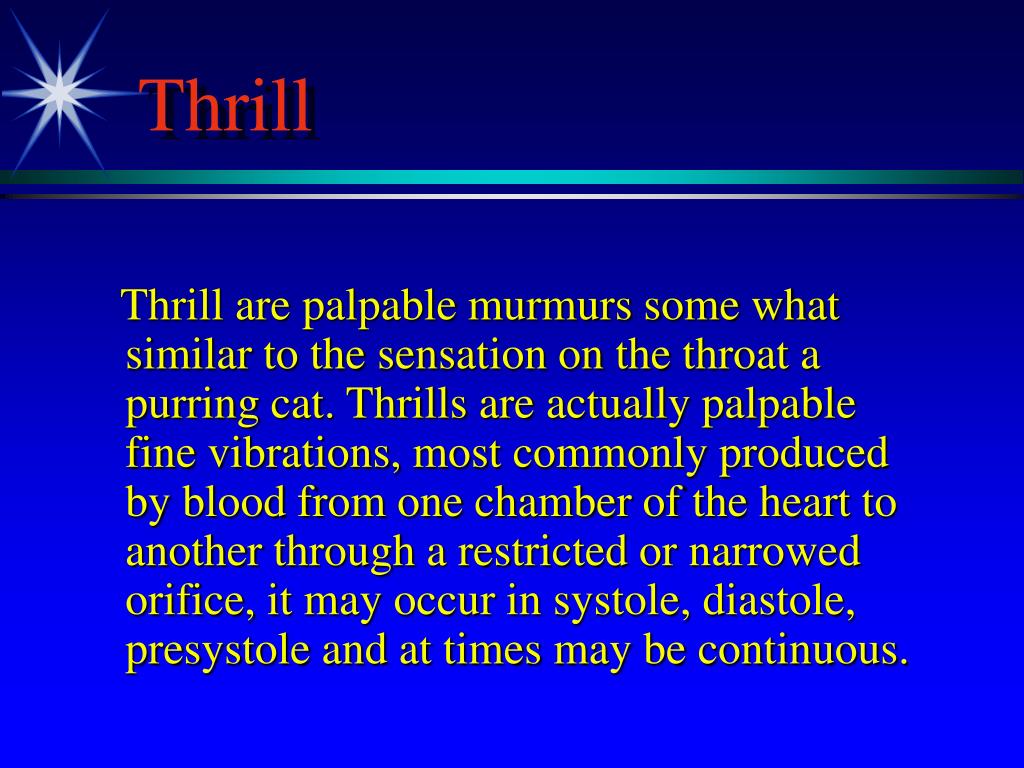Unlock The Thrill: Meaning, Synonyms, & Usage Explained!
Can a single word encapsulate the dizzying heights of joy, the precipice of fear, and the electric charge of exhilaration? The answer, in its simplest form, is yes: that word is "thrill."
The word "thrill" dances on the tongue, a versatile term that captures a spectrum of experiences, from the fleeting pleasure of a roller coaster ride to the profound satisfaction of achieving a long-held goal. Its a word that resonates with our innate desire for sensation, for moments that jolt us from the mundane and remind us we are alive. "Thrill" isn't just a word; it's a visceral response, a surge of energy that courses through us, leaving us breathless and wanting more. We explore the multifaceted nature of this potent word, delving into its linguistic roots, its varied applications, and the profound impact it has on our lives.
The term "thrill" is a linguistic chameleon, adapting to different contexts and nuances. It can be both a noun and a verb, a testament to its versatility. As a noun, a thrill embodies a feeling that sudden surge of excitement, the tingle of anticipation, or the pure joy of a moment. As a verb, "to thrill" signifies the act of causing that feeling, the power to elicit a strong emotional response in oneself or another. The ability of "thrill" to be both a state of being and an action underscores its central role in describing our emotional landscape.
- Titanic 1997 Cast Crew Movie Details Uncovered
- Jason Statham Bio Early Life Action Movie Star Secrets Revealed
But what exactly is a thrill? It's not simply any form of excitement. It is an intense form of excitement, a state where your senses heighten. A thrill often involves a degree of risk, uncertainty, or novelty. Think of the thrill of a close game, the thrill of a successful gamble, or the thrill of a daring adventure. The anticipation plays a major role in many cases.
For many, a roller coaster embodies the essence of a thrill. The ascent, the click-click-click of the chain, the stomach-churning drop all combine to create an unforgettable experience, a cocktail of fear and exhilaration that leaves riders screaming with delight and seeking to return.
The Oxford Advanced Learner's Dictionary defines "thrill" in its verb form as "to cause someone to feel very excited or happy," and as a noun, it is "a sudden feeling of great excitement and pleasure." This straightforward definition highlights the core components of the word: the element of suddenness, the intensity of the emotion, and the pleasure derived from the experience. Synonyms for "thrill" run the gamut, including "excitement," "delight," "pleasure," "elation," "exhilaration," and "enjoyment." The diverse range of synonyms reflects the varying intensities and shades of meaning that "thrill" can encompass.
- Albert Einstein Birth Death Legacy Explained
- Where To Watch Superbad 2007 Online Streaming Guide More
The word "thrill" doesn't just exist in the realm of general emotions; it also makes itself known in medical terminology. In cardiology, "thrill" takes on a different, albeit related, meaning. In the context of a physical examination, a "thrill" is a palpable vibration that can be felt over the chest, often indicative of turbulent blood flow, or other underlying issues. This term is an example of the versatility of the word "thrill", where the same word can have very different meanings depending on the context.
Consider the following sentences:
- The anticipation of the concert gave me a thrill.
- To cause someone to feel very excited or happy.
- She experienced a thrill as she crossed the finish line.
- The movie was full of cheap thrills, with no substance to the plot.
- The roller coaster provided a great thrill, or an intense feeling of excitement.
The word "thrill" makes an appearance in various cultures and languages. In Spanish, "thrill" translates to "emocin," "emocionar," or "subidn." In French, the word shares a root with "frisson," meaning "shiver," reflecting the physical sensation associated with the emotional experience. Translating "thrill" into other languages underscores its cross-cultural relevance as a universal human experience.
The history of the word "thrill" is tied to the broader evolution of the English language and the way humans have always used language to express their emotions. Tracing its usage back to the early 20th century, it's linked to medical terminology, where it's still used today. The word has also gradually increased in frequency of use in everyday language, reflecting its growing popularity. The evolving use of the word "thrill" mirrors the changing nature of human experience, our need for excitement and happiness.
The concept of "cheap thrills" represents a contrast within the spectrum of thrills. This can also be known as guilty pleasure. Unlike the thrill of a challenge or the joy of achievement, cheap thrills often involve instant gratification with limited long-term value. The "cheap thrill seeker" could be seen as bored, restless, impulsive, or dissatisfied with their life, turning to these quick bursts of excitement to overcome feelings of a lack of fulfilment.
The difference between a cheap thrill and a guilty pleasure often lies in the context. While a cheap thrill is sought after, a guilty pleasure tends to be something you engage with that may lack societal value but is enjoyable nonetheless. They are, at their core, both instances of seeking out excitement, but they differ greatly in their substance and consequences. They can take many forms, depending on the individual's preferences. They provide a temporary escape. For example, a rollercoaster ride can certainly provide a thrill, but also a guilty pleasure for some, for its thrill and fun and also because they are aware of how extreme the activity is.
The usage of "thrill" in different contexts demonstrates its adaptability. It can describe a strong feeling of excitement and pleasure, the act of causing that feeling in someone, or even a physical sensation. The ability of "thrill" to function as both a noun and a verb underscores its importance in our language as a potent expression of the human emotional experience.
The word "thrill" encapsulates so much more than mere excitement; it speaks to the essence of human experience, the highs and lows, the exhilaration and the fear, and everything in between. It is a versatile word, a potent reminder that life is a tapestry of moments, each capable of eliciting a "thrill" that is as unique as the person experiencing it. From the rush of a roller coaster to the quiet joy of a personal triumph, "thrill" speaks to our shared humanity.
- Ashanti Movies Albums More Everything You Need To Know
- Joe Bartolozzi Age Bio Everything You Need To Know

Thrill Definition, meaning and examples WordUp App

Thrill Definition, meaning and examples WordUp App

PPT Palpation PowerPoint Presentation, free download ID 6997441